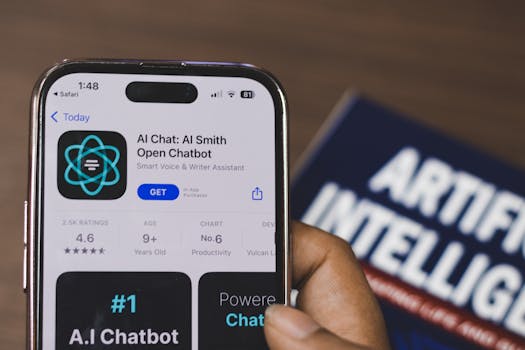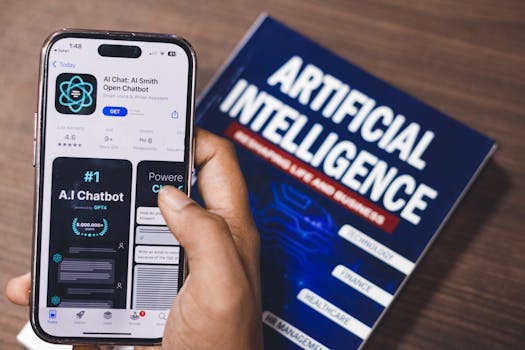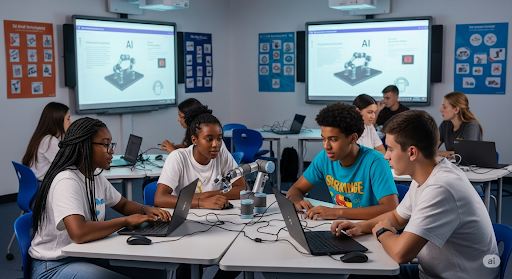
Emerging Trends in Artificial Intelligence and Machine Learning: What to Expect in 2024
Takeaways:
- Generative AI is revolutionizing content creation.
- AI ethics and governance are becoming central to AI development.
- Machine learning is increasingly applied in healthcare and finance.
- AI-powered automation is transforming industries.
- Advancements in natural language processing (NLP) are enhancing human-computer interaction.
Artificial Intelligence (AI) and Machine Learning (ML) are no longer just buzzwords; they are rapidly transforming industries and everyday life. As we move into 2024, several emerging trends in AI and ML are set to define the landscape of technology and innovation. This article delves into these trends, exploring their implications and potential applications.
1. The Rise of Generative AI

This trend is expected to continue in 2024, with advancements in algorithms and computing power leading to more sophisticated generative models. Companies will leverage generative AI for marketing, product design, and personalized content delivery, enhancing customer engagement and streamlining workflows.
Moreover, as generative AI becomes more accessible, we can expect a surge in creative applications across various industries. For instance, artists and designers will harness these tools to explore new creative avenues, while educators may use generative content for personalized learning experiences. However, this trend also raises questions about copyright and the authenticity of AI-generated content, which will need to be addressed.
2. Ethical AI and Governance

Organizations will increasingly prioritize ethical considerations, implementing guidelines to mitigate bias and ensure fairness in AI applications. Furthermore, regulatory bodies are expected to introduce policies that hold companies accountable for the ethical use of AI, fostering a culture of responsibility and trust.
In addition, the conversation around AI ethics will extend to the societal impact of these technologies. As AI systems become more integrated into decision-making processes—such as hiring, lending, and law enforcement—ensuring that these systems are aligned with societal values will be critical. Organizations that proactively address these concerns will not only enhance their reputations but also build trust with consumers.
3. AI in Healthcare and Finance

For instance, AI-driven tools can assist in early disease detection, improving patient outcomes and reducing healthcare costs. The integration of AI in telemedicine is also enhancing patient care, allowing for remote monitoring and consultations.
In the finance sector, AI is revolutionizing risk management, fraud detection, and customer service. Machine learning algorithms analyze transaction patterns to identify anomalies, helping financial institutions mitigate risks. Moreover, AI-powered chatbots are enhancing customer experiences by providing instant support and personalized financial advice.
4. Automation and the Future of Work

This trend will lead to the emergence of new job roles that require a blend of technical skills and creativity. As automation takes over routine tasks, workers will need to adapt by acquiring skills that complement AI technologies.
Furthermore, the integration of AI in project management tools will enhance collaboration and efficiency, enabling teams to make data-driven decisions. As a result, organizations that embrace AI-driven automation will gain a competitive edge in their respective markets.
5. Advancements in Natural Language Processing (NLP)

Applications such as virtual assistants, chatbots, and language translation tools will become more sophisticated, providing users with seamless experiences. Businesses will leverage NLP to analyze customer feedback, enabling them to gain insights and improve their products and services.
Moreover, the advancements in NLP will facilitate the development of more intuitive AI systems that understand context and sentiment, allowing for more personalized interactions. As NLP technology evolves, we can expect a more conversational and engaging experience between machines and humans.




